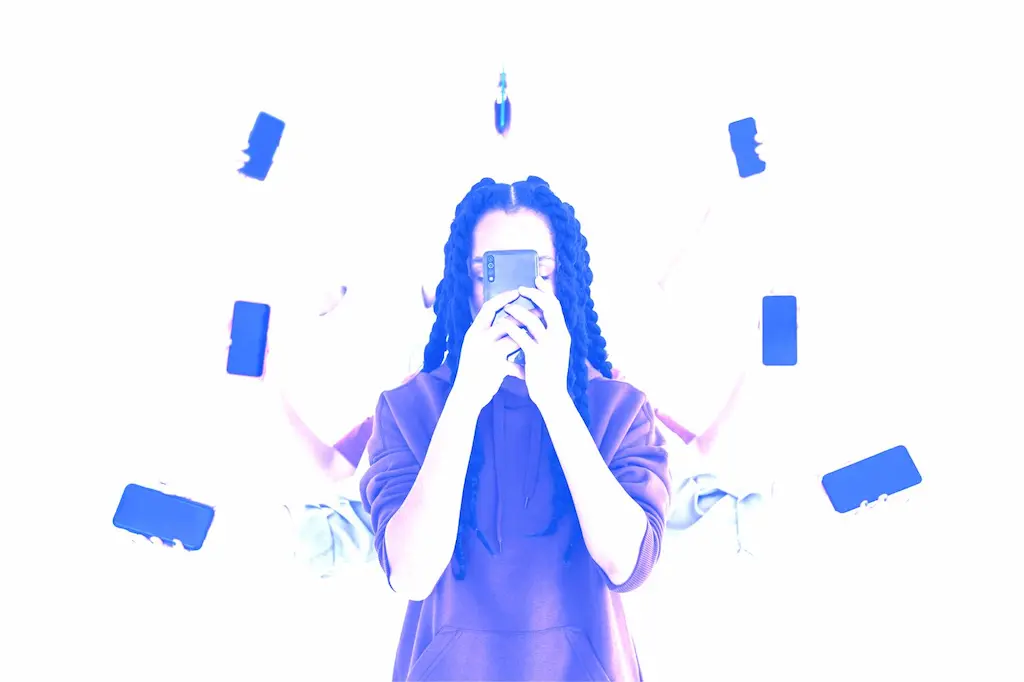What Copyright Means in the Age of AI Marketing?
Remember when downloading a song felt like hacking the matrix? Fast forward to 2025, and now your AI writes the jingle, builds the campaign, and even mimics your brand voice. But before we hit “generate,” there’s one thing businesses can’t afford to ignore: copyright.
The Remix Era: A Flashback to Marketing’s 25-Year Makeover
In the early 2000s, brands were experimenting with banner ads and awkward Flash websites. Then came social media, and suddenly, brands had personalities (sometimes too much). Viral campaigns, influencer partnerships, and short-form video exploded, each wave redefining how brands connected with audiences.
Now we’ve entered a new phase: AI-powered marketing.
From ChatGPT-driven ad copy to Midjourney-generated visuals, brands are turbocharging their content pipelines. It’s fast, scalable, and borderline magical. But just like Napster once challenged the music industry, generative AI is now shaking the foundations of intellectual property law.
Who Owns AI-Generated Content?
Here’s the kicker: AI can’t hold a copyright.
Under U.S. law (and many others), copyright is granted to human authors only. So if your marketing team feeds prompts into an AI and gets campaign copy back, who owns that content?
Technically, you might not own it in the traditional sense. If your AI uses copyrighted training data (which many do), or mimics a recognizable style, you could be walking a legal tightrope. The courts are still figuring this out, and for now, it’s a legal grey zone that marketers need to approach with caution.
Copyright Risks in the AI Age
Here’s what businesses should keep in mind:
- Training data matters: If the AI was trained on copyrighted materials (books, art, music), using outputs commercially could invite infringement claims.
- No automatic protection: AI-generated content may not be eligible for copyright, leaving you vulnerable to copying.
- Style mimicry is tricky: If your AI content sounds too much like a celebrity, brand, or artist, it could lead to right of publicity or trademark issues.
And no, slapping a “created with AI” disclaimer won’t save you in court.
Human-AI Collaboration = The Sweet Spot
One way around the copyright grey zone? Keep a human in the loop.
If a human guides, edits, and significantly contributes to the AI output, the resulting work is more likely to be protectable under copyright law. This is already common in marketing teams who use AI for ideation, but polish the results manually.
Think of AI as the intern with great ideas, but who still needs your creative direction.
The Bottom Line for Brands
We’re in a marketing renaissance, but with great power comes great copyright confusion. Here’s your AI-age checklist:
- Use trusted AI platforms with clear licensing
- Maintain human involvement in final outputs
- Watch out for brand impersonation or stylistic cloning
- Keep legal counsel in the loop for high-stakes campaigns
Marketing over the past 25 years has been about riding waves of tech innovation from email blasts to Instagram reels. Now, as AI becomes the new creative engine, smart brands won’t just ride the wave; they’ll understand the tide beneath it.
Because in the AI era, copyright isn’t just legal fine print, it’s your creative foundation.
Ready to future-proof your marketing? Let‘s chat over a coffee, guide your brand through the AI era.
References:





